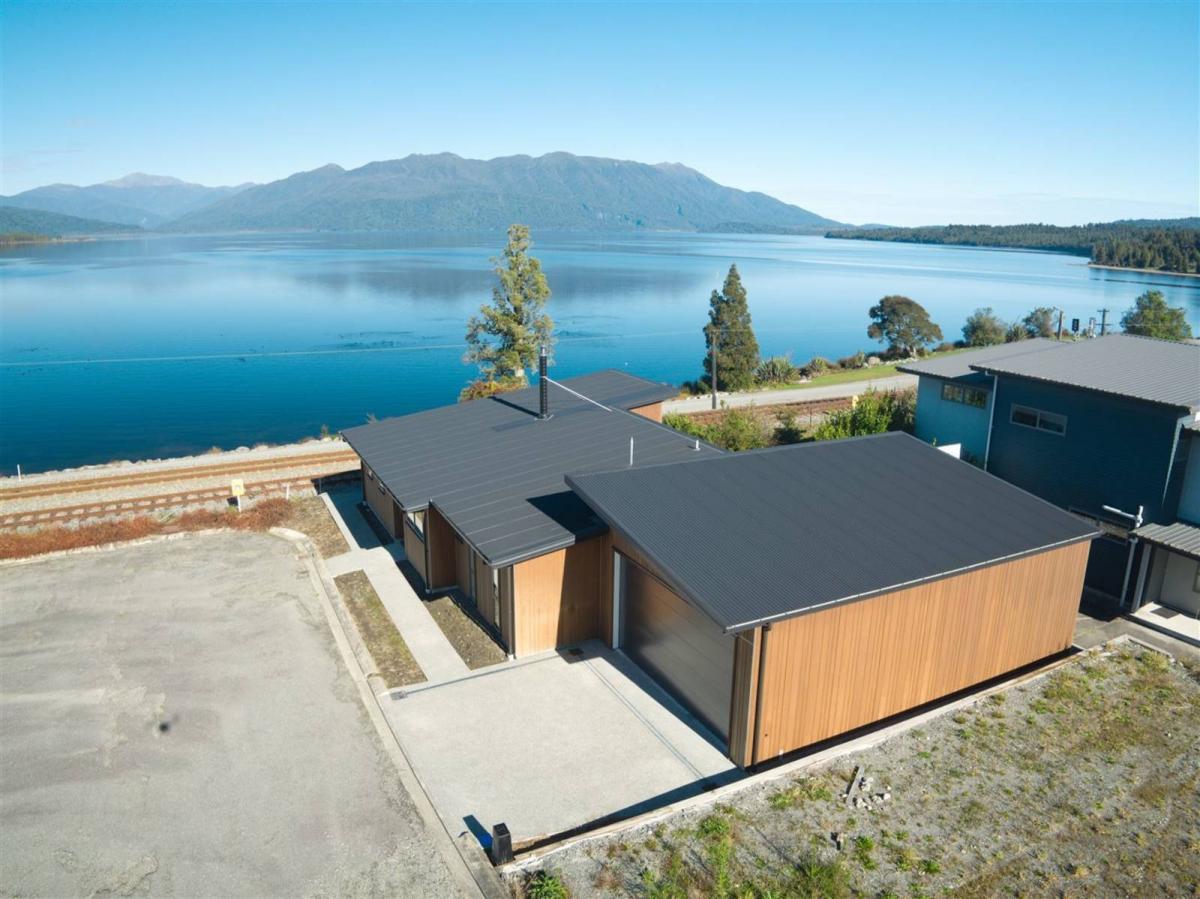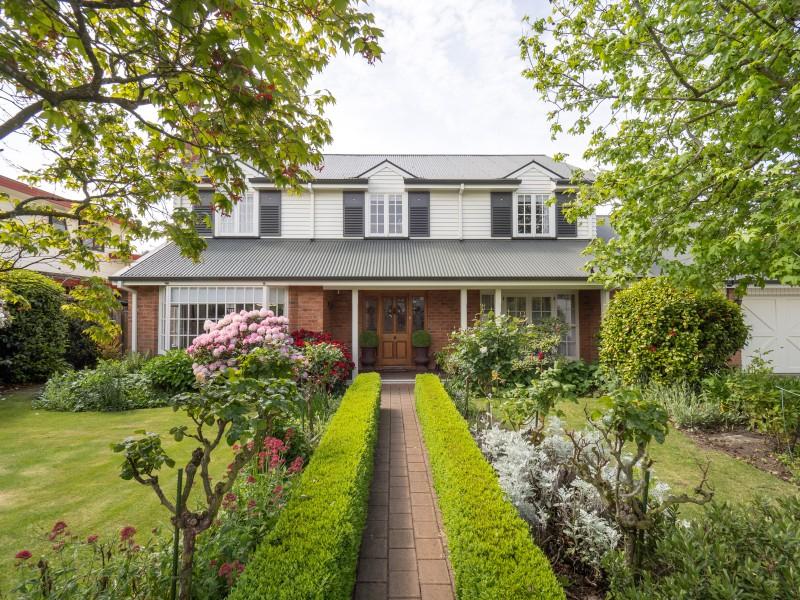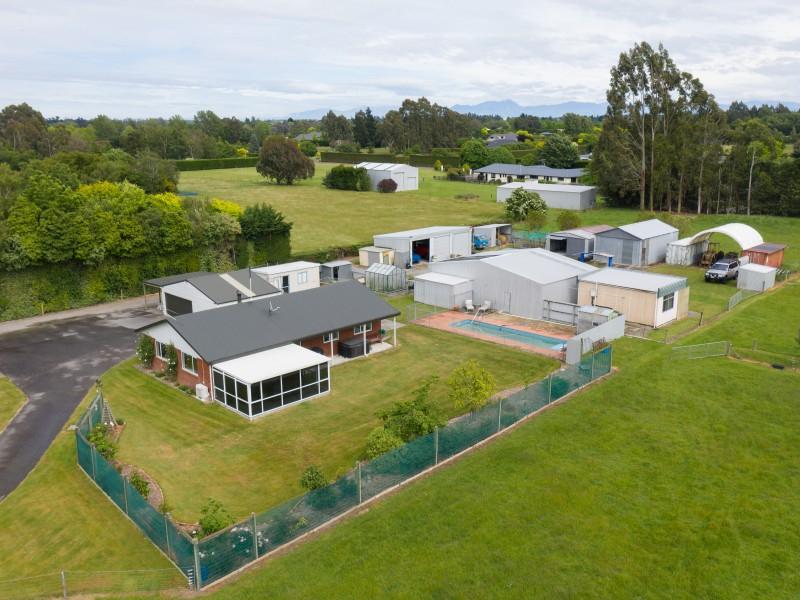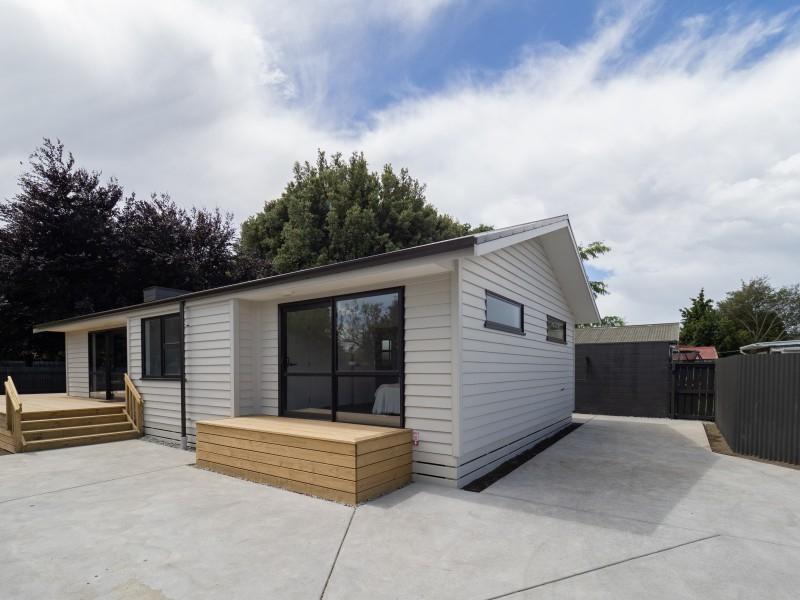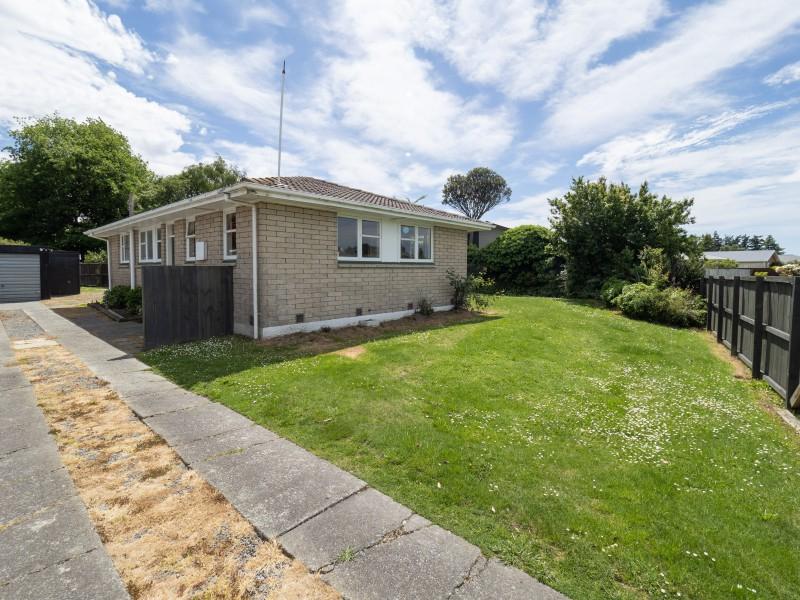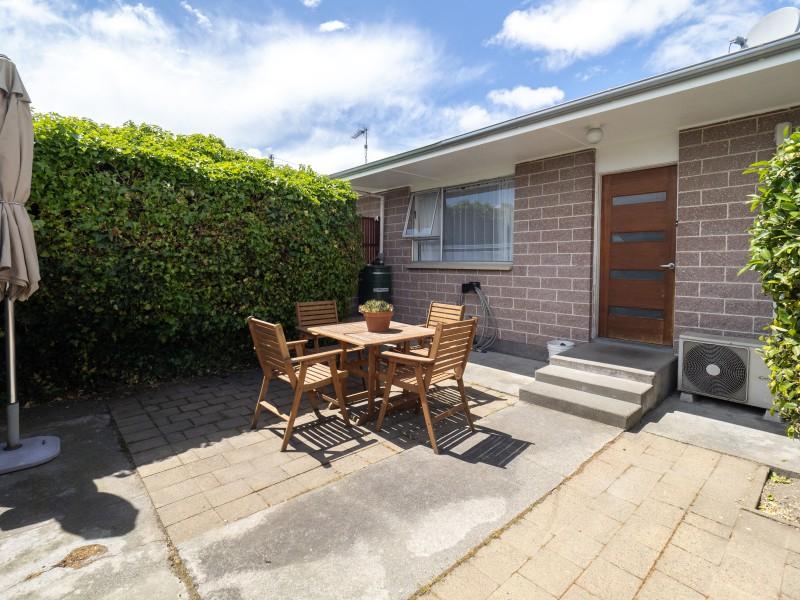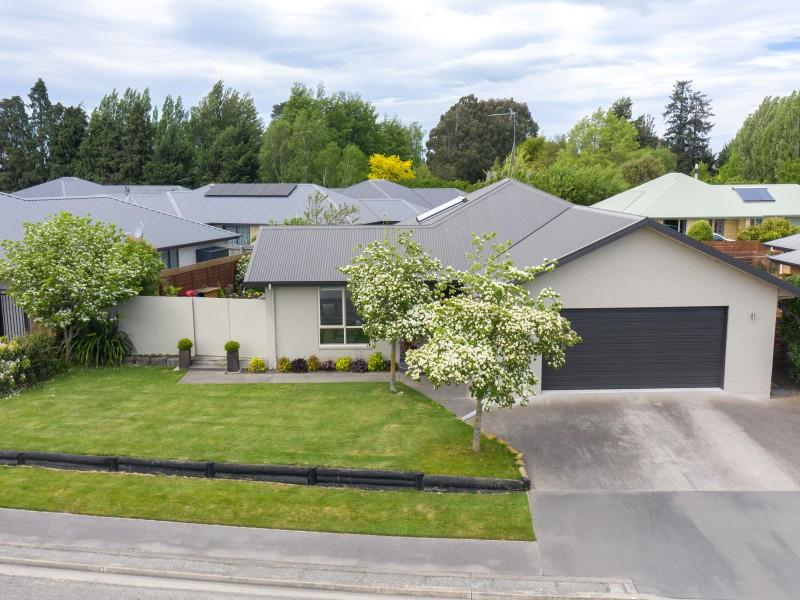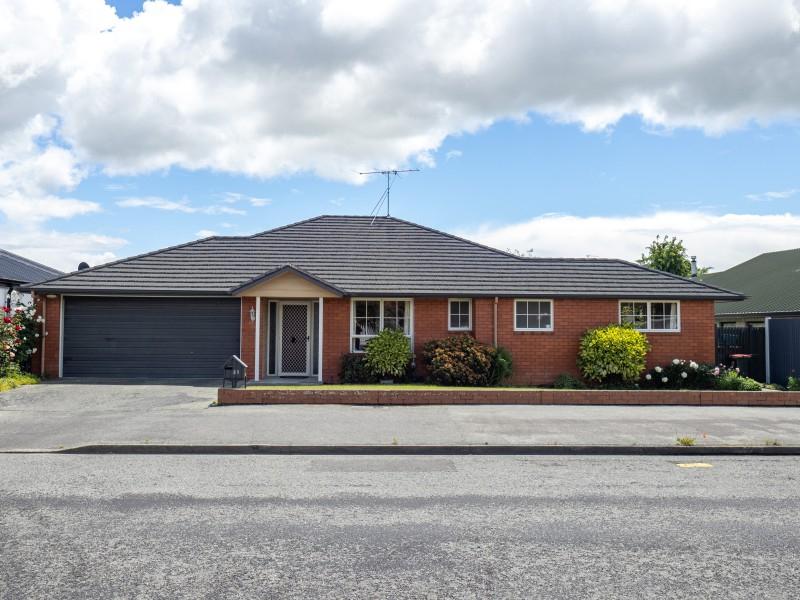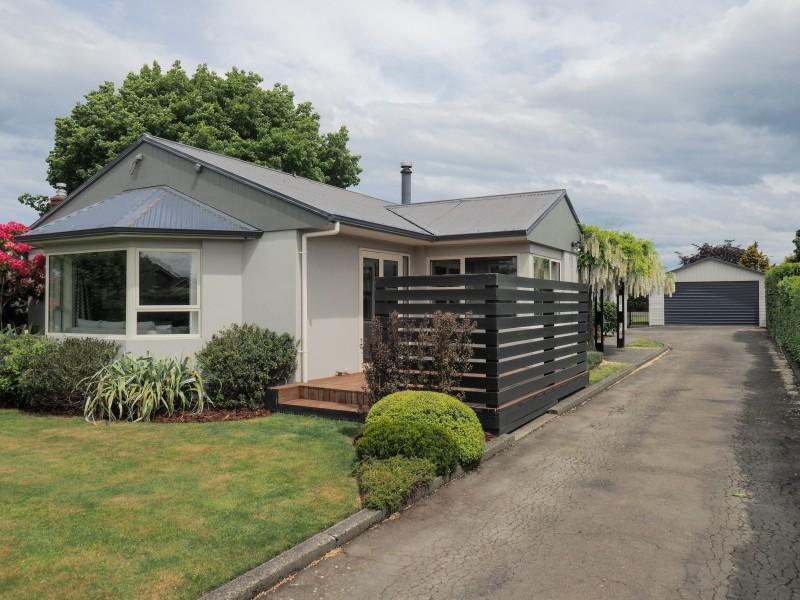Some West Coasters face rates increases over 23%
From local democracy reporter Brendon McMahon:
West Coast ratepayers now face among the biggest rates increases in the country.
This follows a walloping 16.42% general rate increase by the West Coast Regional Council.
The region's 398 farms will bear the brunt of the increase, which is largely due to a doubling of estimated costs for the Te Tai o Poutini Plan.
This increase alone will see farms with a capital value above $3 million pay $456 a year more in the next year. Civil Defence and emergency management extra costs will add $305. Excluding the uniform annual general charge, total rates for a $3m property will bump up to between $2280 and $3000 a year.
West Coast Federated Farmers president Bede O'Connor was aghast when he heard the council had approved a 16.42% rates increase, as he thought ratepayers were yet to be consulted.
However, the regional council earlier ruled out putting its budget to the public as it was still forecasting a 10% rise in year three of the 2021-31 long term plan.
O'Connor said it was difficult to say the council should not bump the rates up, but for farmers in particular "it's bloody hard".
The Coast had sought the TTPP - with its associated cost - rather than a more radical amalgamation of the four councils, he said.
"The TTPP is what we wanted for the West Coast.
"I'd say it's disappointing to see that rates rise, but we understand the council has to operate in a financially responsible way. We look forward to more dialogue on how council is going to trim their expenses and what they deliver," O'Connor said.
With Grey and Buller district council rate rises of 5.63% and 6.8% respectively, ratepayers in those districts now face increases of upwards of 22%.
Farmers also have to shoulder separate rate costs of their river protection rating district, on top of their rates bills.
Harihari farmer and Wanganui River Rating District spokesperson Jon Sullivan said the regional increase was another example of imposition of costs through policy direction.
It fitted with a trend of public agencies "disconnected from reality" affecting the viability of farming.
"I'm hearing that the Government expansion in employees in government departments has risen by over 10,000 people, and that doesn't include contractors," Sullivan said.
"What do we actually get out of it? Nothing."
Overall, the total rates increase for Grey district ratepayers will start at 22.05% and in Buller it will be from 23.2%.
Westland district ratepayers are cushioned for one year, as their council voted for a 0.2% increase after deciding not to rate for depreciation of its three waters assets for next year.
In a statement after the regional council approved the 16.42% increase, chairperson Peter Haddock said they were mindful of "challenging times" for ratepayers.
Ratepayers were encouraged to tap into councils rates remission and postponement policy.
However after the meeting he said the ability of council to make exceptions would be "on a case by case basis" and was likely to be rare.
*Public interest journalism funded through NZ On Air
Poll: Do you think banning gang patches is reasonable?
With the government cracking down on gangs, it is now illegal for gang members to display their insignia in public places whether through clothing or their property.
This means arrests can be made if these patches are worn in places like restaurants, shops, on public transport or ferries, and on airplanes. Arrests were made recently at a funeral.
Do you think this ban is reasonable?
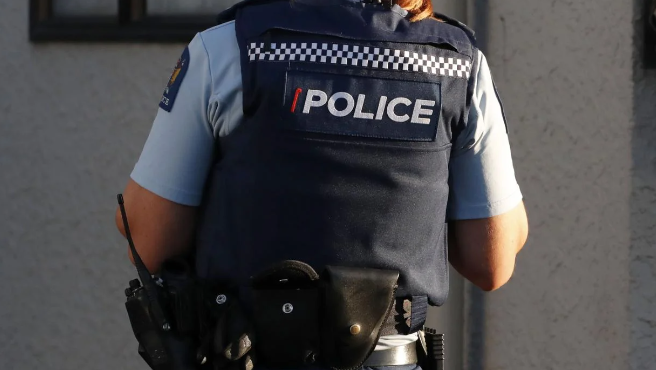
-
76.4% Yes
-
22.3% No
-
1.4% Other - I'll share below
What's your favourite recipe for courgettes?
Kia ora neighbours. If you've got a family recipe for courgettes, we'd love to see it and maybe publish it in our magazine. Send your recipe to mailbox@nzgardener.co.nz, and if we use it in the mag, you will receive a free copy of our January 2025 issue.

West Coast council accepts Franz Josef loan offer
By local democracy reporter Lois Williams:
The West Coast Regional Council has voted to take up the government’s offer to co-fund a second round of flood protection at Franz Josef.
The decision follows a fractious meeting in the tourist town on Wednesday night, with local ratepayers agonising over how to pay for the work, and insisting they authorise what the council builds and spends.
Scientists and engineers have warned the community is at high to critical risk from the wild Waiho (Waiau) River unless urgent work is done to top up and rebuild damaged stopbanks, as a stop gap measure.
At a brief extraordinary Council meeting in Greymouth on Friday, chairperson Peter Haddock moved the council accept the offer of funding, up to a value of $7.9 million.
The government’s original offer was for $10m, as a 60/40 split: a grant of $6m and a loan of $4m to Waiho ratepayers.
But that included the cost of strengthening the massive flood banks built to protect State Highway 6, and the council excluded that component after Franz Josef objected to funding a Crown asset.
The council vote to accept the funding was all but unanimous: rebel councillor Allan Birchfield was the sole dissenting voice, saying he had no confidence in the council to honestly and fairly administer the money, and the council was not trusted by the community.
“And I don’t have the confidence in you, Peter - so I’m voting against it.”
Haddock said the criticism was unfair.
He said he had been to five meetings with Franz Josef ratepayers to try to rebuild trust and apologise to them for the way they were treated by the council previously, when Birchfield was the chairperson.
“The previous council had no meetings with them for over five years, very poor financial paperwork … I’ve been through the minutes and I see you don’t appear in most of them, the previous money was lost back to the government and I’m afraid that lies with you Allan [Birchfield].”
Councillor Brett Cummings, who was a member of the Waiho ratepayers joint committee, reminded Birchfield that only two people at the Franz Josef meeting had opposed accepting the funding and loan.
“I feel quite confident, Allan, that the community group down there has quite a lot of control on how and where the money’s being spent - their money.”
Councillor Peter Ewen said he wanted to acknowledge the Franz Josef community, and the angst it had gone through over the decision.
“I agree with them over not taking the $10 million ... [but] this is ensuring the Insurance Council does not walk away from the situation. We are helping ourselves, and I’m sure the council with its best endeavours and professional river staff will adhere to the wishes of the community down there.”
If nature played its part, the Franz Josef community would now gain the time to come up with a final plan for its future, which was the purpose of the funding, Ewen said.
Birchfield asked engineer Scott Hoare why it was planning to tear down and rebuild the Milton stopbank on the sourh side, saying he had been there when it was built and it was well “found”.
Hoare said the bank would not be torn down, but was slumping in places and the rocks would be taken out and restacked.
Councillor Frank Dooley said he had every confidence in Haddock as council chairperson.
“I really appreciate the work you’ve done to bring this organisation to the position it’s now in ... the West Coast community can only benefit through your leadership.”
The regional council had until Monday to tell the government if it would accept the funding for Franz Josef and that would now happen, Haddock said after the meeting.
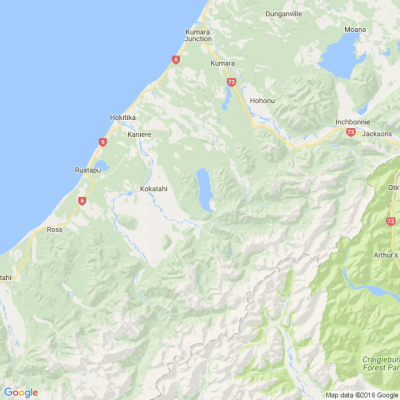
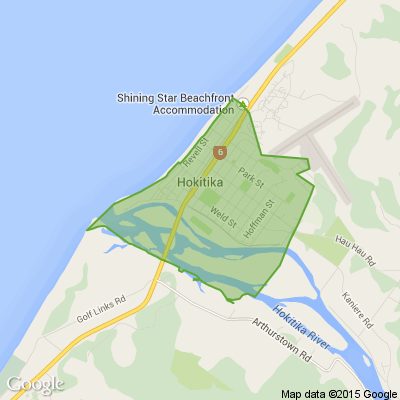







 Loading…
Loading…